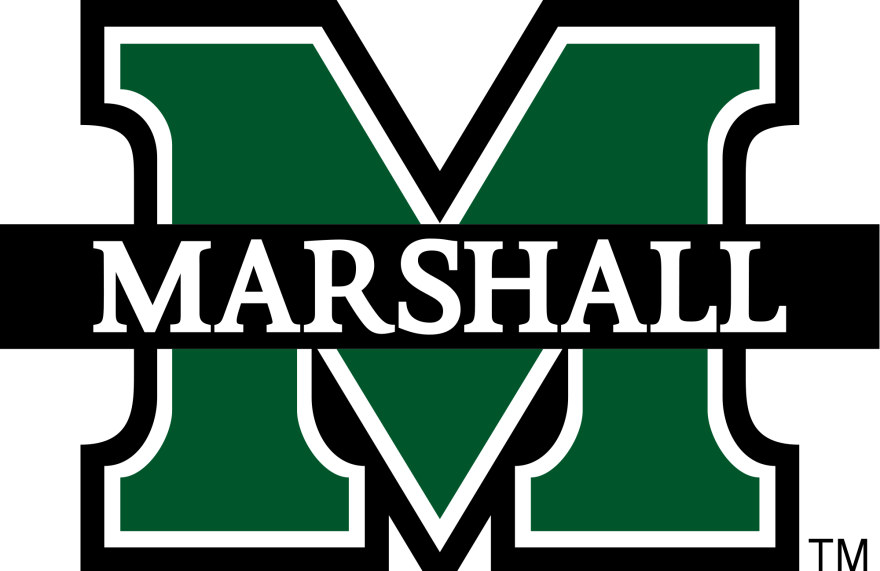A university in West Virginia has been fined $4,999 for failing to complete inventories of American Indian remains and artifacts in its possession.
The U.S. Department of the Interior notified Marshall University President Jerome Gilbert of the fine in a letter this week.
The Associated Press obtained a copy of the letter, which said Marshall officials knew about the requirements of a 1990 federal law but failed to complete the inventories until long after a deadline.
Marshall has 45 days to pay or appeal.
University spokeswoman Ginny Painter said the university would pay the fine.
“The university is actively continuing the process of completing all necessary NAGPRA requirements and looks forward to a successful conclusion to this matter,” Painter said in a statement.
The fine is one of the largest assessed for violations of the Native American Graves Protection and Repatriation Act.
Known as NAGPRA, the law is administered by the National Park Service. It requires museums and universities to disclose to the federal government the Native American items in their possessions, complete item-by-item inventories, and notify and transfer those items to affiliated tribes or descendants.
When the law was passed, Marshall’s inventory was supposed to be completed by late 1995. The government notified the university of the violation in 2015 after a retired employee filed a complaint. Marshall completed the inventory in December 2015.
Since the law was enacted 28 years ago, the federal government has collected a total of just $29,179 in civil fines assessed in eight cases involving NAGPRA violations, including $9,820 from the city of Harrisburg, Pennsylvania, and $5,000 from the Texas Parks and Wildlife Department. In addition, the Bishop Museum in Hawaii paid $13,500 under a settlement agreement.
“The purpose of NAGPRA civil penalties is to ensure that museums comply with the law,” David Tarler, NAGPRA’s chief of training, civil enforcement and regulations, said Thursday. “And this has been an important tool for ensuring that there is compliance with the NAGPRA process. The bottom line: The process is working.”
David Cremeans said that after he started working at Marshall in 1989, he witnessed American Indian remains and artifacts in bags, on shelves — even on the floor. The remains came from donated archaeology collections and university-sponsored excavations.
Cremeans later learned about the federal law and waited for the university to document its inventory. But by the time Cremeans retired in 2005, he said Marshall had done nothing.
Cremeans, a Cherokee descendant, later became president of the Native American Indian Federation, which was planning a museum and cultural center. Cremeans said he contacted Marshall about its remains and artifacts, whether the university had complied with the law, and offered his help.
Frustrated by what he said was Marshall’s reluctant, bitter treatment of him, Cremeans filed the complaint.
“It’s just the whole way I was treated in general,” Cremeans said in a telephone interview. “They don’t want to devote the time it takes to do the job right. If you got federal laws, you’ve got to comply with the law. If you don’t have the funding, then don’t get into the program. If you don’t want to comply with NAGPRA, don’t keep a museum.”
The letter said within three months after being notified by the government of the violation, Marshall completed an item-by-item list, initiated consultation with required parties and provided the NAGPRA administrator with the inventory.
But Cremeans said more work needs to be done, including transferring the inventory to affiliated tribes or descendants.
“It’s not over until those remains go back into the ground,” Cremeans said. “I don’t want to see them on a shelf anymore.”
Marshall is consulting with tribes to determine the inventory’s cultural affiliations, Tarler said, adding that it’s up to universities and museums to do that, not the federal government.
He said the Park Service does not determine how many of the nearly 750 museums and universities with these items are following the law — unless a formal accusation is lodged.





















